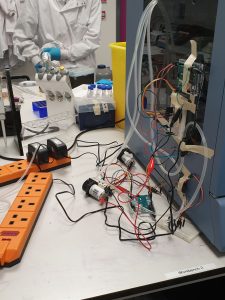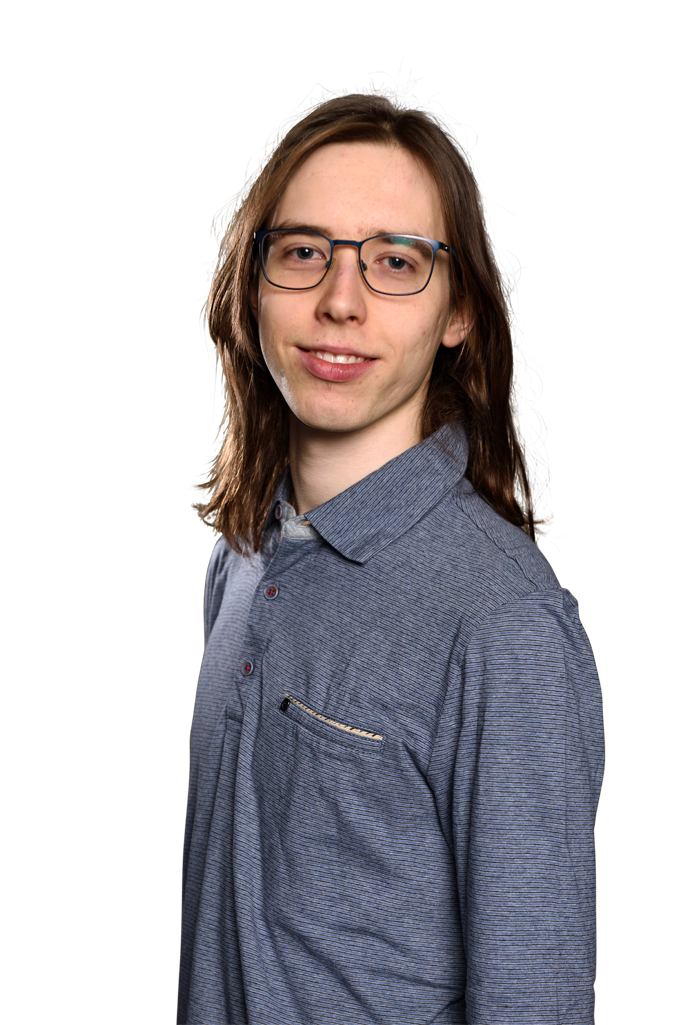Imperial offers first-year students a series of optional courses outside of their degree in design, the humanities and languages, called Imperial Horizons. During my first term I experience some of two of these modules: Nature of Science and Making and Prototyping.
Nature of Science
In the first term I was initially allocated my second choice of course: Nature of Science. It’s a module where we discuss the philosophical and sociological aspects of science. In the first session, we talked about the utility of scientific thinking and the criteria to determine if knowledge is scientific. We discussed the ideas of falsification and the need to attempt to disprove scientific claims.
This session was lots of fun for me, largely because of the new students I got to meet and having a lot of time for discussion in small groups. Even the introduction question: “What is a science? Is science the best form of knowledge?” generated different perspectives within our group. However, 4 hours before the second Horizons session (and after I’d done the assigned reading) I got an email: I could switch to my first choice as some people had dropped out.
I think I would have enjoyed the course a lot if I stayed, even though some of the content would probably be less interesting to me as I already hold many strong philosophical opinions. However, it was great to be in an environment where I was with other people interested in the topic and I miss losing that opportunity.
Making and prototyping
The course I transferred onto, making and prototyping, is a very different option to Nature of Science. It’s held in the Imperial Hackspace, half an hour by tube from South Kensington, in White City. The hackspace has 3D printers, power tools and a biohacking lab (where they can prepare modified bacteria and yeast). We got to learn to programme arduinos to read sensors, control motors and write files. Additionally, we got to learn to design and print components on the hackspace 3D printers.
This was quite fun and interesting for me, as someone who regularly becomes lost in programming and enjoys the challenge of making things work. For the final 3 weeks of the course, we had to work as a team of 3 to create a system which would measure the absorbance of a solution containing bacteria. This was quite an interesting task which taught me a lot about the specifics of using photodiodes. Our setup was then left out overnight in order to collect data about the evolution of a bacterial culture prepared by the group doing biohacking. Unfortunately our group didn’t get to collect good data as at some point our setup stopped logging data. We think one of the wires fell out, as the incubator for the solution to which our arduino is taped (the blue box in the picture below) is actually vibrating in order to stir the flasks with the solutions. For the final assessment of the course we had to create a poster and presentation for the class. Although Horizons in first year doesn’t count towards our degree credit, it is listed on transcripts if we pass the course.

This module was interesting from a technical perspective, particularly in terms of learning to build the circuit and deal with considerations in the data collection. However, at times I definitely felt unengaged, for example: I already had some experience with modelling software, so going through this didn’t teach me anything new. Additionally, studying material more alined with my degree, as we were building an experimental measurement setup, lead to a loss of variety. Finally, my group mates, while pleasant to talk to, were less engaged in the project work than me and didn’t always show eagerness to learn or challenge themselves, which made the class less fun from a social perspective.
Perhaps I just didn’t get lucky with my group, but not having the same lighthearted social interaction definitely made the class less fun. I think the benefit of activities like Nature of Science is that by being distinctly unappealing to a significant portion of the student body, they act as a filter for only those students who are passionate, creating a more entertaining learning environment.
Overall Horizons has been an enjoyable experience for me. While my time in Nature of Science was short, I still managed to have some interesting conversations and meet new people. (Although I also learned an important lesson: if you don’t have someone’s contact details, you might never see them again). Making and prototyping also gave me an insight into the resources available to students at Imperial who want to design or make something. However, next time, I might have stuck with Nature of Science, as I think the biggest potential value of Horizons, is meeting new people.
This term I’m taking sound technology, which is about the technical aspects of sound recording as well as music theory and music composition.



